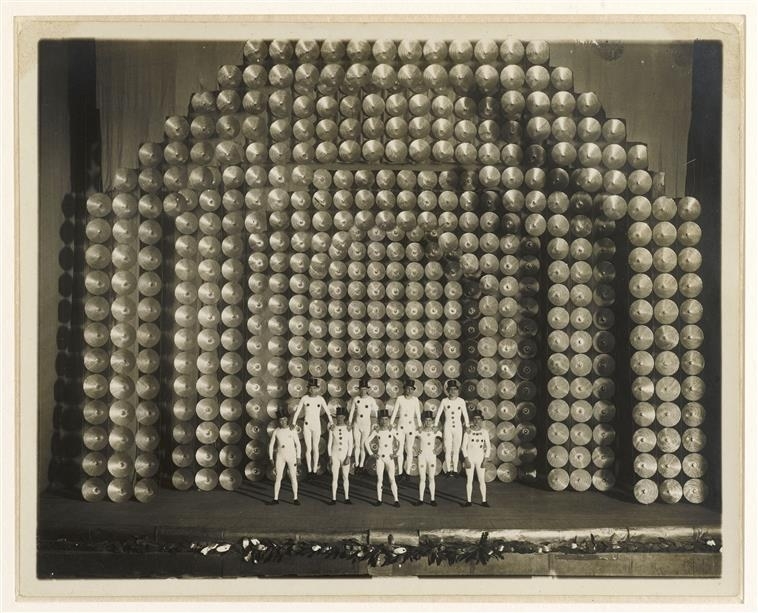Princeton University School of Architecture
announces the Dissertation Proposal Defense of
Marie de Testa
Modern Architectural Theatricality 19xx-19xx
Committee:
Prof. Beatriz Colomina (Princeton University, co-advisor)
Prof. Sylvia Lavin (Princeton University, co-advisor)
Prof. Eduardo Cadava (Princeton University)
Prof. Spyros Papapetros (Princeton University)
November 30, at 12:00PM, in S-118
Abstract
This dissertation posits theatricality––both as theoretical framework and as a set of techniques––as a foundational yet underrecognized pre-condition to the emergence of modern architecture. It will argue that it is through the deployment of theatricality that modern architecture not only effectively organized its own presentation and reception, but turned into the setting that would allow for the rehearsal of “modern life.” In other words, I propose the latter to be read as an effect of a theatrical architectural staging, actualized.
The dissertation will aim at historicizing theatricality as a productive and effectively re-defining dialectical juncture between the practices of architecture and theater in the first half of the twentieth century. The aim is double: to historicize the contribution of theater to the architecture of the Modern Movement, and conversely, studying the development of modern theater through its architecturalization. Structured around stages, curtains, backdrops, lighting design, and props in modern architecture and the various manners in which these operated, it will focus attention on the theatrical roles taken on by architecture’s objects and the modes of performance it solicited from its subjects as transformative architecturalized scripts. It thus proposes to contribute to those architectural histories which advance theatrical effect as fundamentally partaking in modern architectural function by technically specifying that practical contribution, re-interpreting it, and further theorizing its effect in architectural historiography. A central claim is that theatricality in architecture produced the discipline’s self-presentation and its reception as manifestation of reality.
While this dissertation’s focus will be that of emphasizing the theatricality of modern architectural practice, it might also show how it is precisely through architecture that the cultural position of theater was re-organized during the twentieth century.

